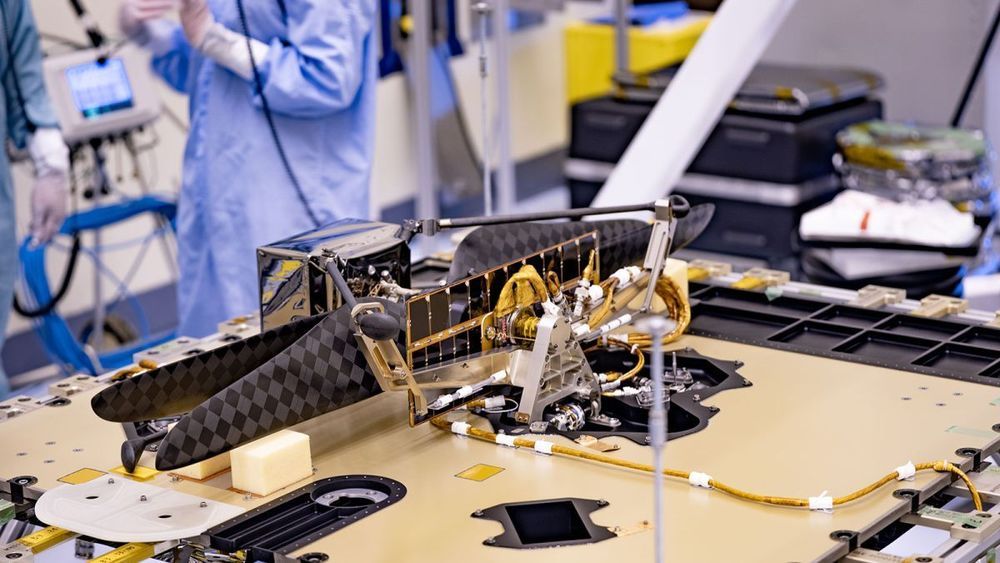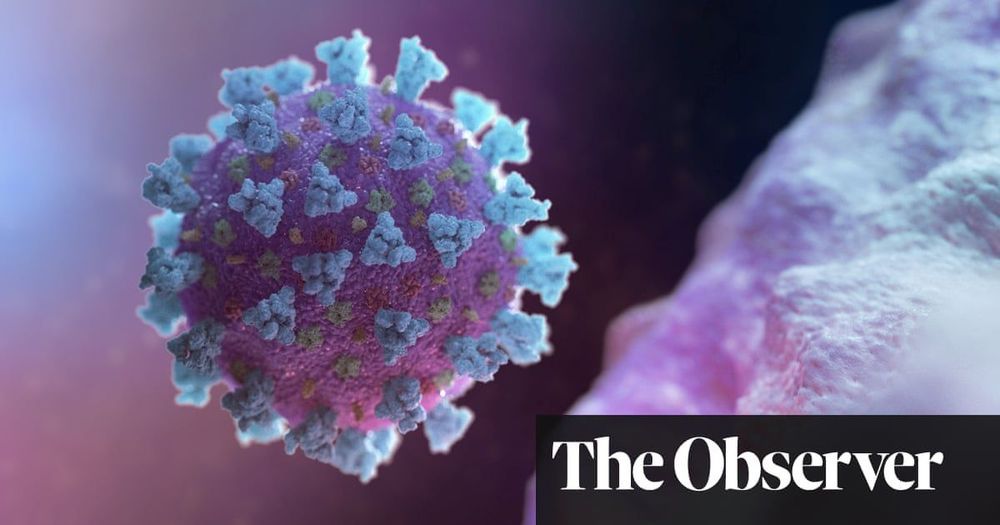The brain can’t directly encode the passage of time, but recent work hints at a workaround for putting timestamps on memories of events.




Featured Image Source: NASA
NASA has been highly dependent on booking Russian spacecraft for almost a decade. Ever since the Space Shuttle fleet was grounded in 2011, the United States has not conducted manned flights to space. Amid the Coronavirus pandemic, a final Russian Soyuz rocket launched a NASA Astronaut for the last time to the International Space Station (ISS). On April 9, the Soyuz-2.1 rocket lifted off from the Baikonur Cosmodrome in Kazakhstan, Russia, at 4:05 a.m. Eastern time. Then the Soyuz MS-16 spacecraft was deployed into orbit about 9 minutes later. After a 6-hour trip, the spacecraft docked to the orbiting laboratory. Onboard the Soyuz spacecraft were American Astronaut Chris Cassidy, and Russian Cosmonauts Anatoly Ivanishin and Ivan Vagner. They all makeup Expedition 63, the crew will stay at the orbiting laboratory for 6 months. Due to the coronavirus, staff during the launch was limited in order to avoid spreading the COVID-19 respiratory illness. Governments from across the world have issued ‘stay at home’ orders to avoid straining healthcare systems. NASA and Roscosmos took extra precautions by limiting contact with Astronauts so they would not take any illnesses to ISS. “I knew I was going to be in quarantine these two weeks, but what’s really different is everybody else around us is in quarantine, too,” Cassidy said in a prelaunch interview on NASA TV. “It’ll be a really, really skeletal crew in the Baikonur Cosmodrome, which will be quite different.”
After the successful Soyuz launch, NASA Administrator Jim Bridenstine stated:

Elon Musk has revealed the reason behind Tesla’s cabin-facing camera that has been in the Model 3 for years without being used.
When Tesla launched the Model 3, it equipped the vehicle with a standard cabin-facing camera located in the rearview mirror.
It has been almost 3 years since Tesla brought the vehicle to production and this camera, which is included in every Model 3, has remained dormant.




Most of us have heard that coral reefs around the world are dying, largely because of warmer ocean temperatures and the increased acidity of seawater, but few people realize why that is important to humans. Who really cares if the Great Barrier Reef off the coast of Australia is nearly lifeless? So a few rich scuba divers won’t get to see it. Boo-hoo. Actually, it’s a little more complicated than that.

KELVIN OGBA DAFIAGHOR is inviting you to a scheduled Zoom meeting.
Topic: COVID 19, China cover up, conspiracy theories, was the C.I.A complicent? should China be punished? Lessons learnt. OIN NOW Time: Apr 16, 2020 06:00 PM West Central Africa.
Join Zoom Meeting https://us04web.zoom.us/j/79182052546
Meeting ID: 791 8205 2546
Zoom is the leader in modern enterprise video communications, with an easy, reliable cloud platform for video and audio conferencing, chat, and webinars across mobile, desktop, and room systems. Zoom Rooms is the original software-based conference room solution used around the world in board, conference, huddle, and training rooms, as well as executive offices and classrooms. Founded in 2011, Zoom helps businesses and organizations bring their teams together in a frictionless environment to get more done. Zoom is a publicly traded company headquartered in Sanose, CA.